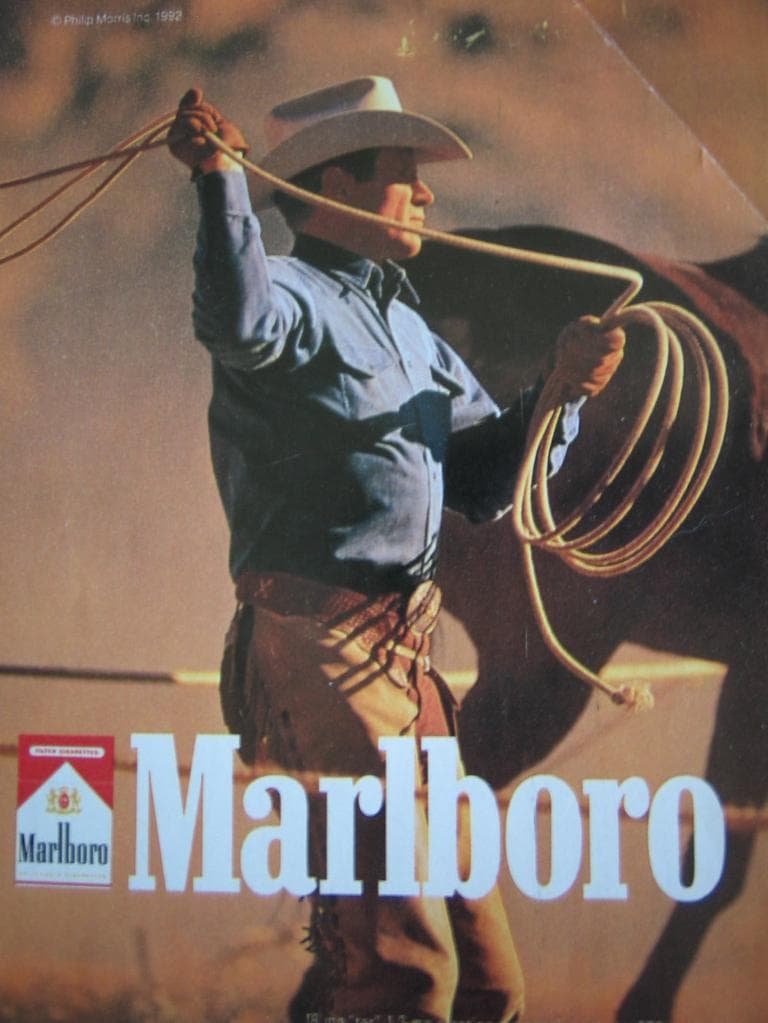Advertisement
Public Health And Free Speech At Issue In Worcester Tobacco Ad Ban Suit
ResumeHow far should a city go to protect the health of its citizens? When it comes to tobacco, in Worcester, city officials want to go so far as banning all cigarette advertising that can be seen from the street. That means corner store posters and placards with Joe Camel and the the long letters of the Marlboro logo: out.

Twenty-four percent of Worcester adults smoke — about one in four — compared to 16 percent statewide. But it's not just the higher rate of smoking that led the city council to take action, said Worcester City Solicitor David Moore.
"[We] saw studies that there was advertising at retail establishments which appeared to be focused in areas around schools, and in lower income and minority areas," Moore said.
The ban is at the forefront of municipal efforts to regulate smoking after the federal government redesigned the area of tobacco advertising law in 2009. And as a potentially precedent setting law, it has made bedfellows of the tobacco industry and first amendment advocates, who argue that this attempt to protect the public health amounts to an attack on protected forms of commercial speech.
"We certainly believe that the ordinance violates our constitutional rights to responsibly communicate with adult tobacco consumers," said R.J. Reynolds spokesman David Howard. "And one of the few avenues that we have to do that is through point of sale. And we do that in a responsible manner."
Radio Boston examines the public health and First Amendment issues at the heart of the Worcester debate.
Guests:
- David Moore, city solicitor, Worcester
- Jeffrey Pyle, partner, Prince Lobel
- Christopher Banthin, senior staff attorney and program director, Public Health Advocacy Institute
This program aired on July 11, 2011.